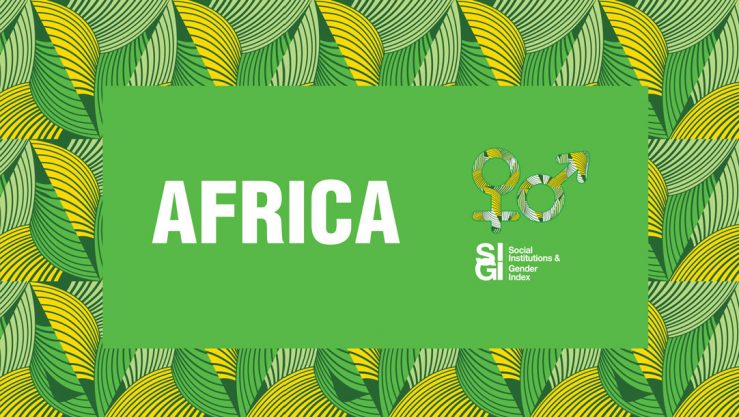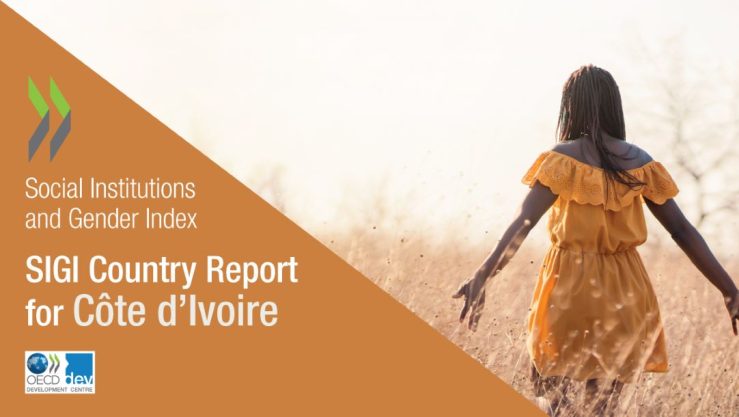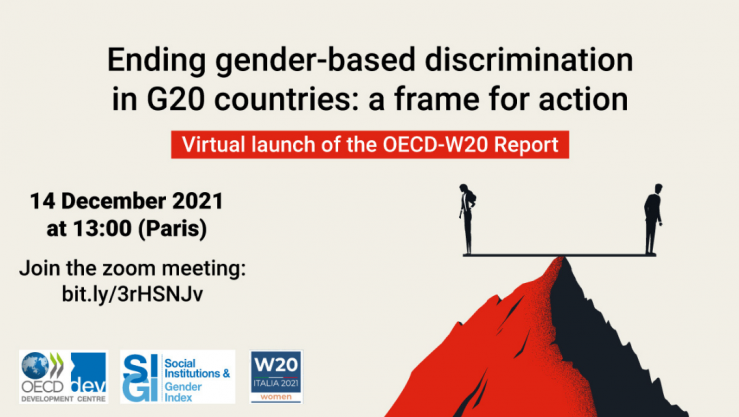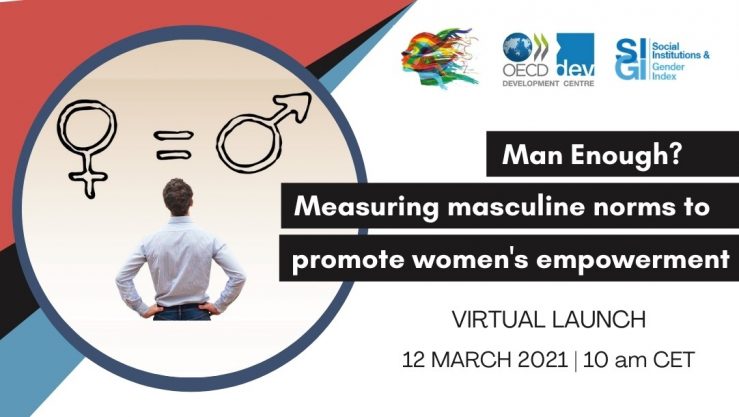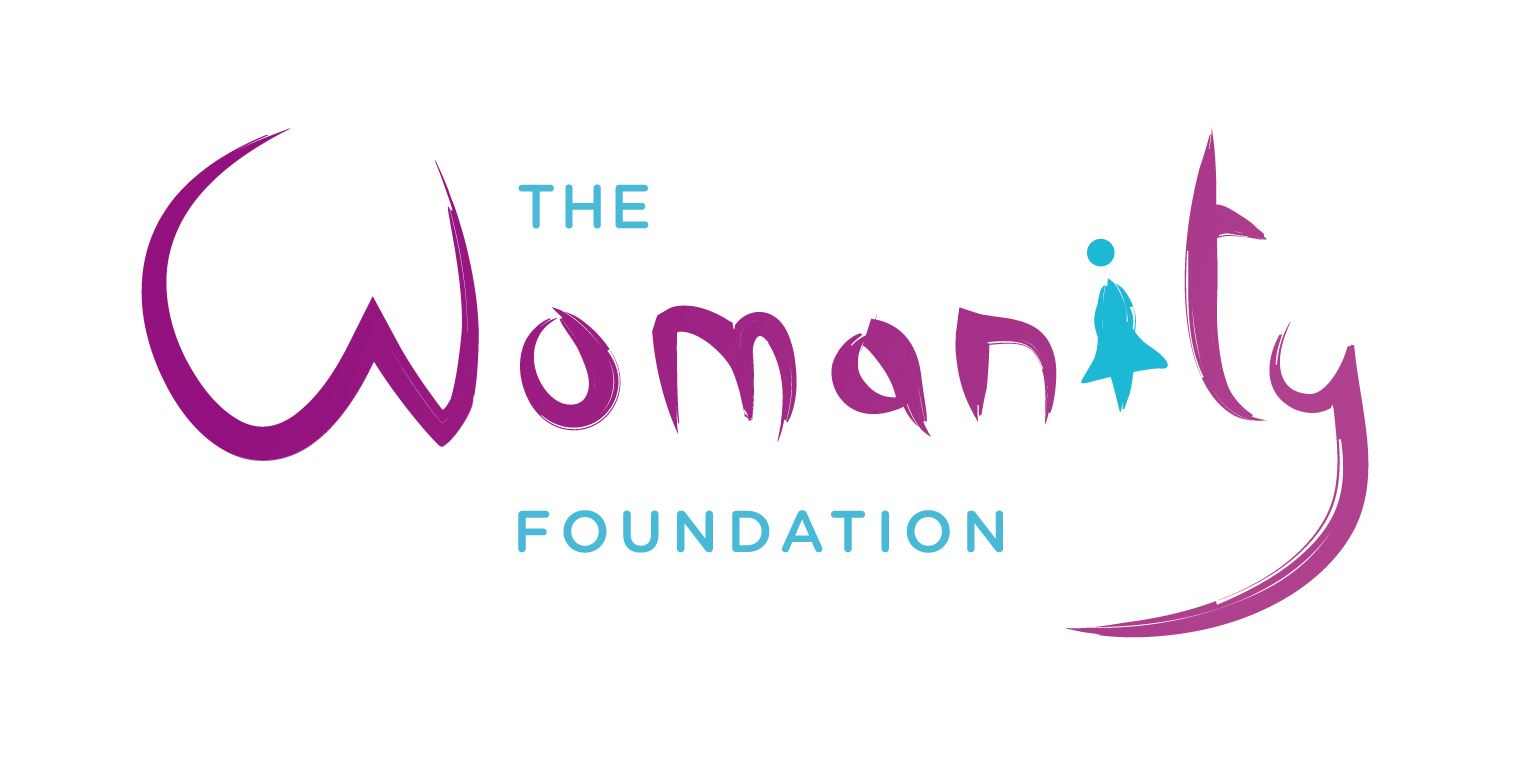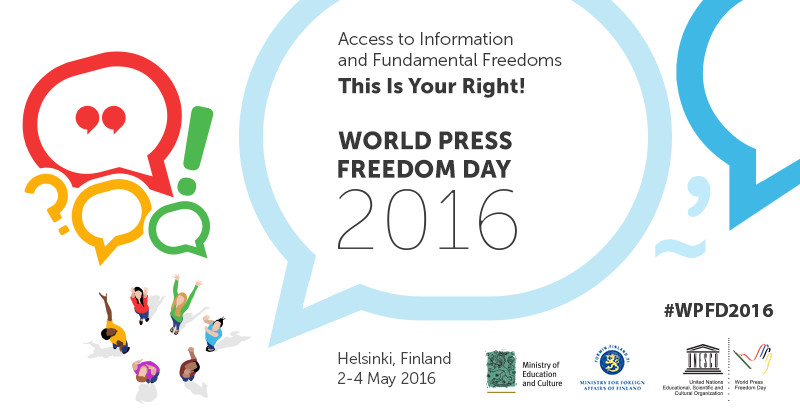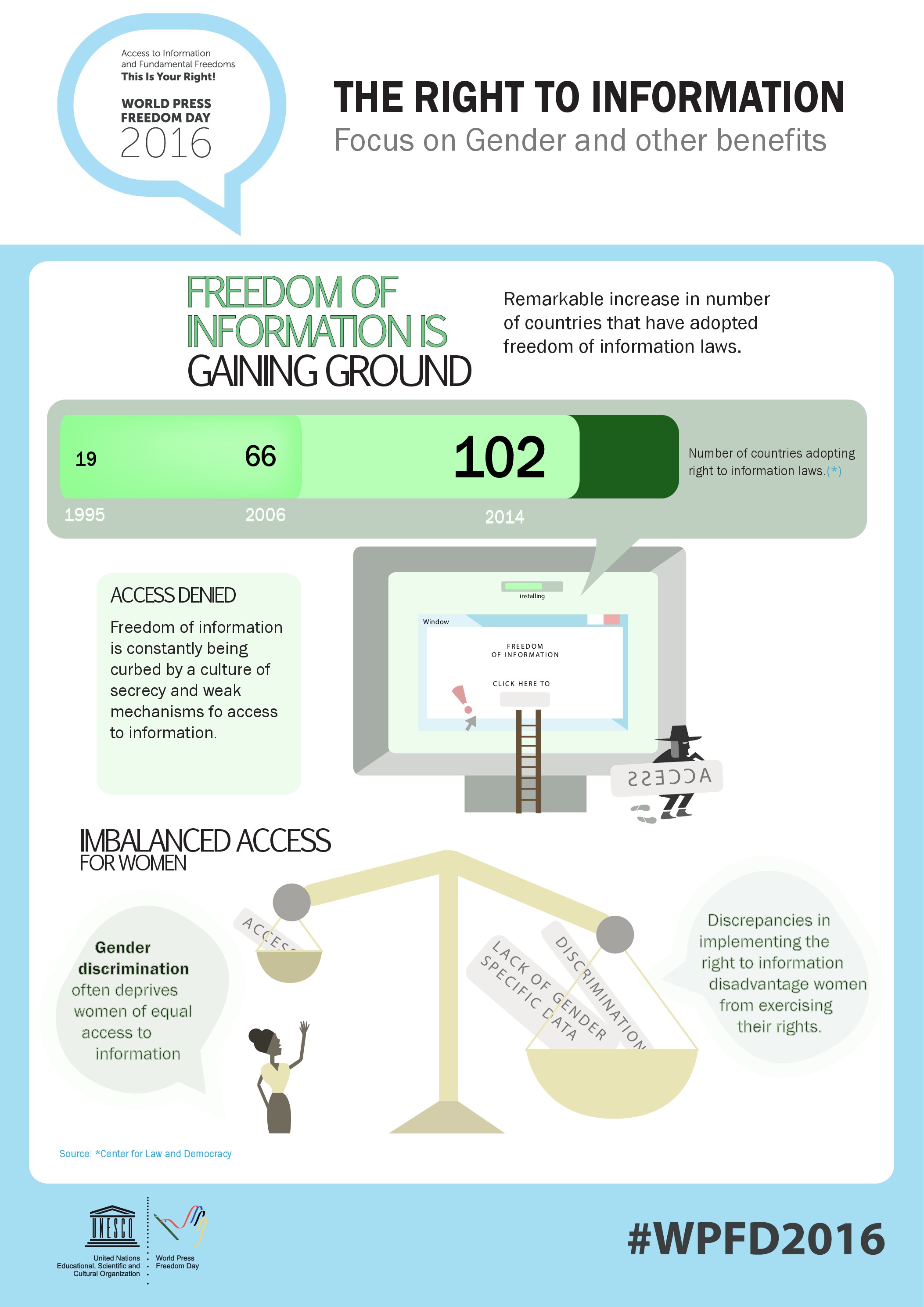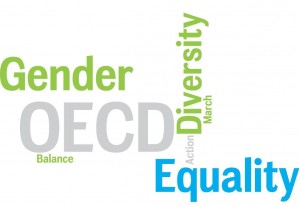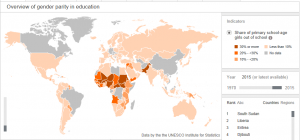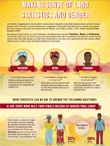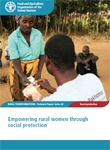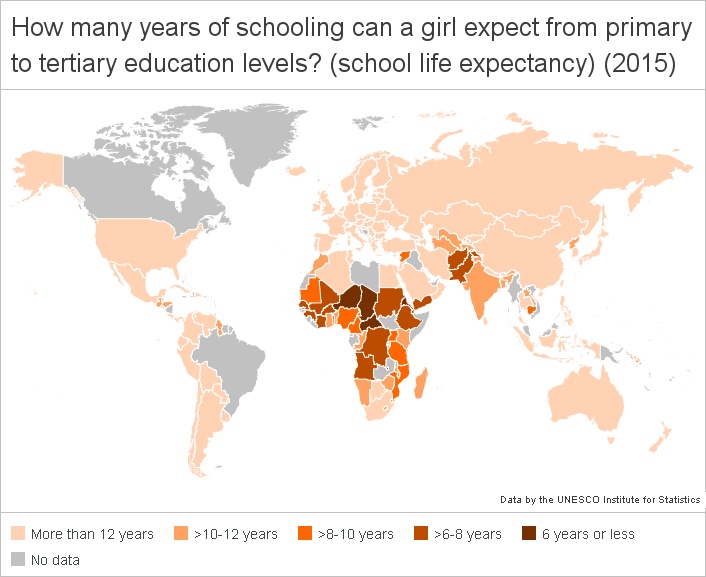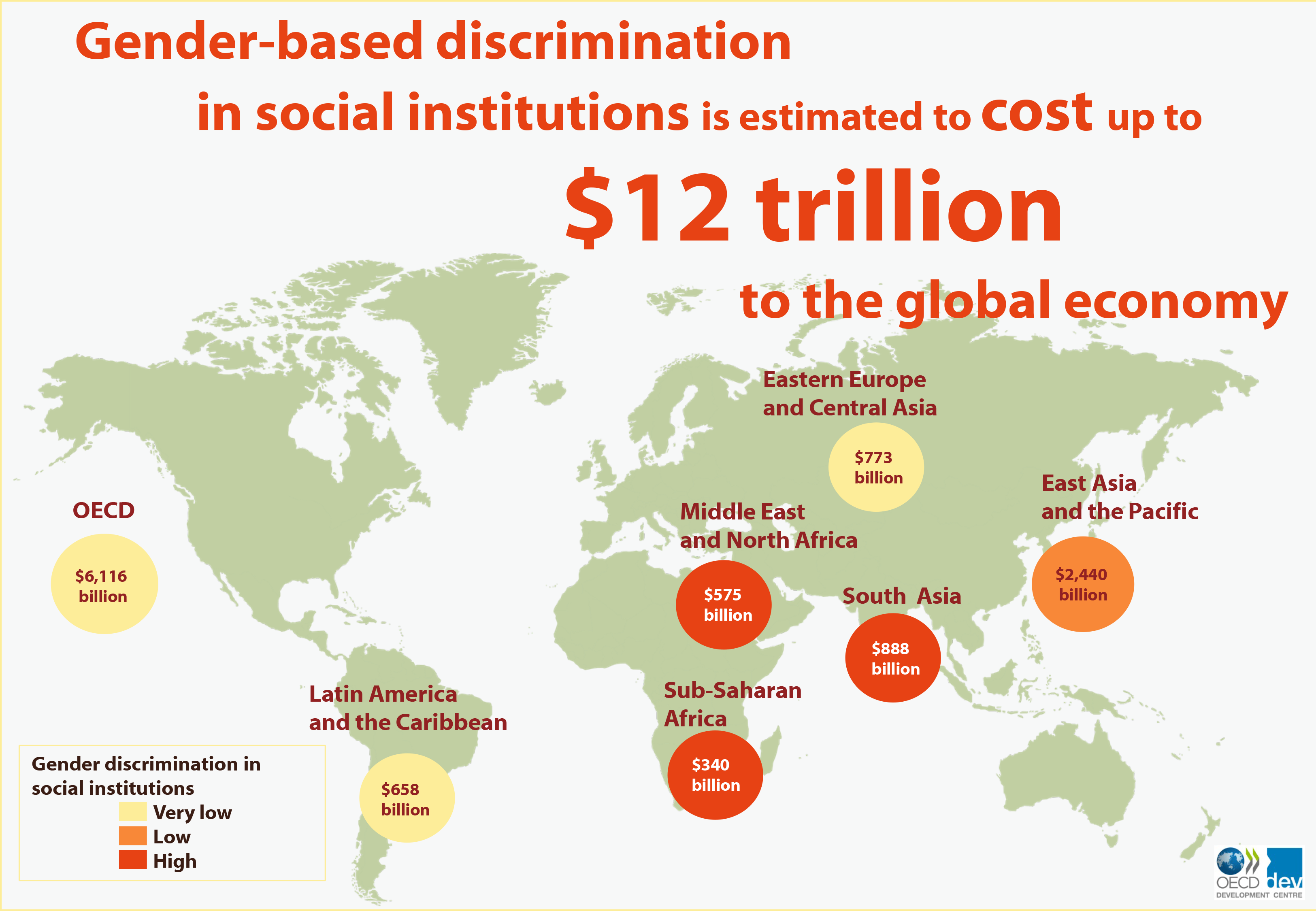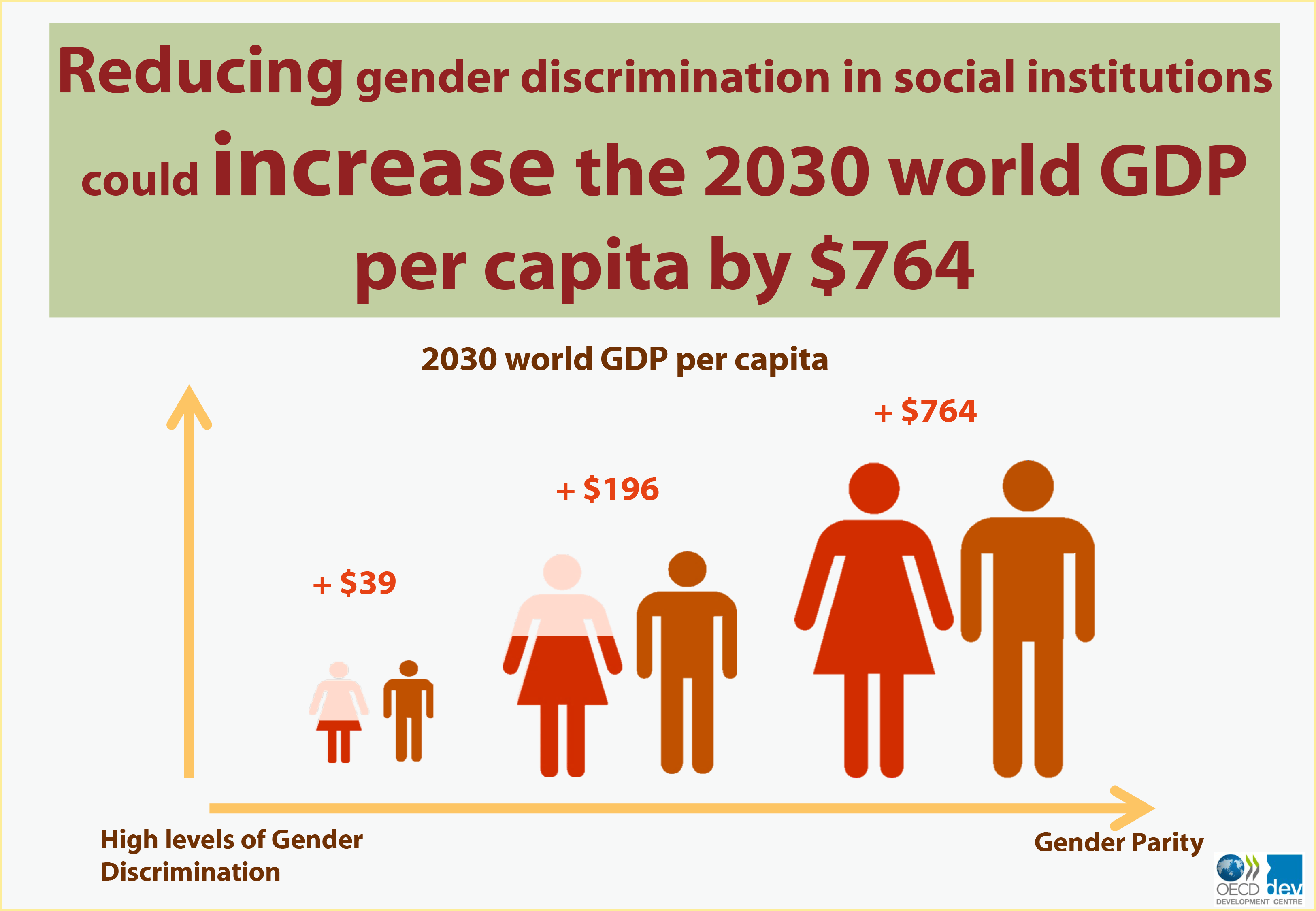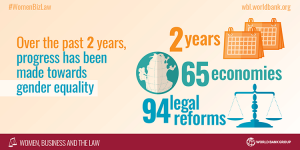As part of a joint campaign with Womanity organised for the 16 Days of Activism against Gender-Based Violence, Wikigender hosted an online discussion on ”Combatting online violence against women and girls” from Monday, 5 December to Friday, 9 December. The online discussion concluded on a webinar, Friday 9 December at 3pm (CET).
See the highlights from the Wikigender/Womanity campaign for the the 16 Days of Activism against Gender-based Violence here.
Context
Although a relatively new phenomenon, online violence has emerged as a global issue, particularly affecting women. Evidence shows that female internet users are frequently subject to harassment and hate speech: a 2015 report by the United Nations Broadband Commission revealed that close to three quarters of women online have been exposed to some form of cyber violence. In the European Union, 1 in 10 women report having experienced cyber-harassment since the age of 15 (European Union Agency for Fundamental Rights 2014). Young women are the most concerned by this type of aggression: women in the age range of 18 to 24 are the most likely to experience stalking and sexual harassment, in addition to physical threats (United Nations 2015). Yet despite its gravity, online violence is still insufficiently recognised by national legislations: 1 in 5 internet users live in countries where harassment and abuse of women online is extremely unlikely to be punished (ibid.).
In recent years, the need to ensure women’s and girls’ safety online has gained international attention. This has been spurred by increased media attention spotlighting the devastating psychological impact cyber bullying can have on victims as well as research revealing the pervasiveness of the problem. However lack of comprehensive legislation in this area leaves internet users, and in particular women and girls who are more likely to be targeted, without legal protection or recourse to justice and psychosocial support (United Nations 2015). In the absence of legal reform, many organisations have already started to take action to protect women and girls online through innovative tools. Organisations such as Luchadoras, Take Back the Tech!, Digital Rights Foundation, Tactical Tech, Internews, and Chayn, among others, are working with women to reclaim online spaces. Through digital tools and advocacy campaigns, these organisations are leading the fight against many forms of gender-based violence using Information and Communication Technologies (ICTs). Other approaches have included pushing for challenging social norms that underpin online harassment and bullying in order to guarantee women’s and girls’ online safety.
Join the Discussion
Within the framework of the 16 Days of Activism against Gender-Based Violence Campaign, Wikigender and Womanity organised an online discussion on the theme “Reclaim online spaces: combatting online violence against women and girls”. Participants to the discussion will include experts such as Keshet Bachan, Girl Expert, Sara Baker from Take Back the Tech, Lulú Barrera from Luchadoras TV and Dalia Othman from Tactical Technology Collective.
Suggested questions
Building the evidence base
- What is the current evidence regarding prevalence of online violence against women and girls ?
- What are current measurement tools to capture the extent of online violence against women and what more is needed in this area?
- What is the state of international and national legislation and policy on this issue?
Identifying ways to reclaim online spaces
- How can we empower women online and provide them with the appropriate tools for practicing online self-defense ?
- What are possible entry points to tackle negative social norms that justify online gender-based violence?
- How do we move from response to prevention and what are some examples of successful initiatives in this area?
- What is needed to scale up successful local projects to work at the national and international levels?
Strengthening advocacy
- What are the advocacy tools available to encourage countries to introduce legislation and policy that address the issue of cyber violence and what more is needed?
- How can we raise awareness around online violence and encourage women to seek support when they face abuse?
- How can men and women harness ICTs for activism against gender-based violence ?
Resources
- Cyber-violence against women and girls: a worldwide wake-up call (UN Broadband Commission 2015)
- Women’s Rights Online: Translating Access into Empowerment (World Wide Web Foundation 2015)
- Online Violence: Just Because It’s Virtual Doesn’t Make It Any Less Real( Huffington Post 2015)
- From impunity to justice: Exploring corporate and legal remedies for technology-related violence against women (2012-2015) (Gender IT)
- Technology-Based Violence Against Women: The Next Frontier? (Women and The Web Alliance 2016)
- Digital safety roadmap on blackmail (Take Back the Tech)
- Digital safety roadmap on cyberstalking (Take Back the Tech)
- Digital safety roadmap on hate speech (Take Back the Tech)
- Safety toolkit (Take Back the Tech)
- How to talk to survivorsof tech-related violence (Take Back the Tech)
- How different sectors can protect with privacy and anonymity (Take Back the Tech)
- Protecting the right to freedom of expression: Strategies of survivors of tech-related violence against women (Gender IT 2014)
- Feminist Tech Tools (Gender IT 2016)
- What is blackmail ? (Take Back the Tech)

